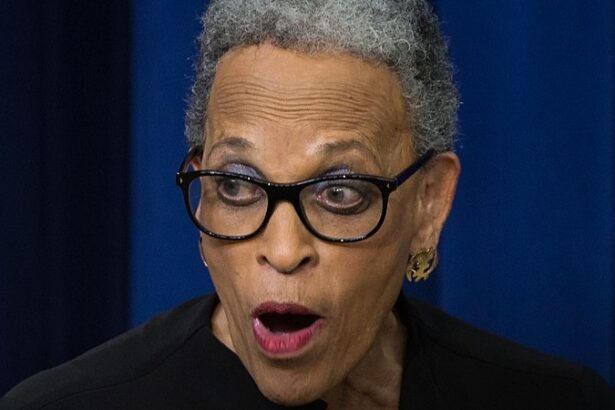Corporate America’s commitment to supporting Black entrepreneurs has seen both advancements and setbacks in recent years. Despite these challenges, various programs continue to offer grants and support to Black-owned businesses.
For instance, the 1 Million Black Businesses (1MBB) Initiative, in partnership with Operation HOPE and Shopify, aims to help start and grow one million Black-owned businesses by 2030.
Celebrating Black Women Leaders
The 22nd Annual Salute to Black Women Business Conference, hosted by the Black Business Association (BBA), recently honored the leadership and achievements of Black women in business, government, and community service. This year’s theme, Moving Forward Together!, emphasized mentorship, collaboration, and economic empowerment.
Attendees will connect with trailblazing women like Brigadier General Yvonne Cagle and Los Angeles Councilwoman Heather Hutt, gaining insights on leadership, entrepreneurship, and industry advancement. The event features business showcases, leadership panels, and an awards luncheon honoring Black women shaping the future.
Beyond corporate funding and recognition, the conversation is shifting toward self-sufficiency. The posthumous pardon of Marcus Garvey by President Joe Biden reignited discussions on Black economic sovereignty. Entrepreneurs Noel and Moore argue that Garvey’s philosophy—self-reliance, ownership, and economic power—must be reimagined for today’s world.
They point to AI, Web3, and decentralized finance as game-changers for Black entrepreneurs. Instead of relying on broken diversity programs, they push for independent action—building businesses, investing in innovation, and controlling narratives. Without unity and strategy, the Black community risks being left behind in the new economy.
Key takeaways
Corporate funding is opening doors for Black entrepreneurs, but long-term success requires economic control beyond outside support. To build lasting wealth, entrepreneurs must leverage grants, mentorships, and funding programs while prioritizing independent ownership.
Strengthening networks, developing infrastructure, and investing in high-growth industries are essential steps.
True empowerment lies in creating and controlling opportunities—by embracing emerging technology and collective strategies, Black entrepreneurs can secure their influence and financial future.








